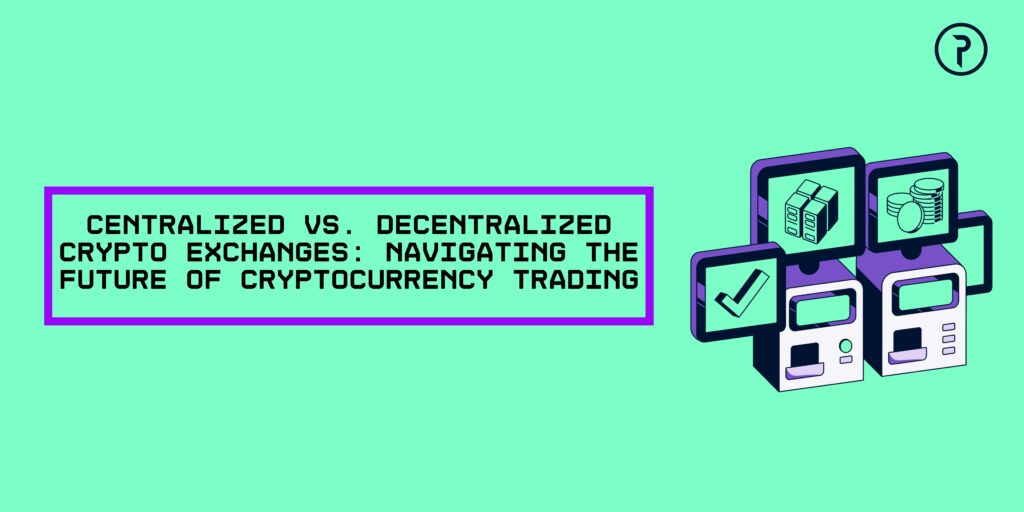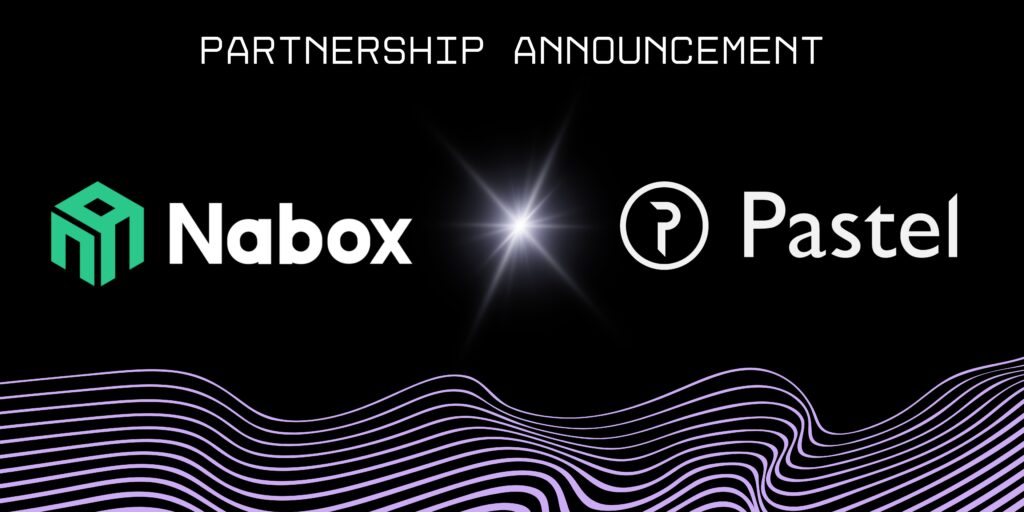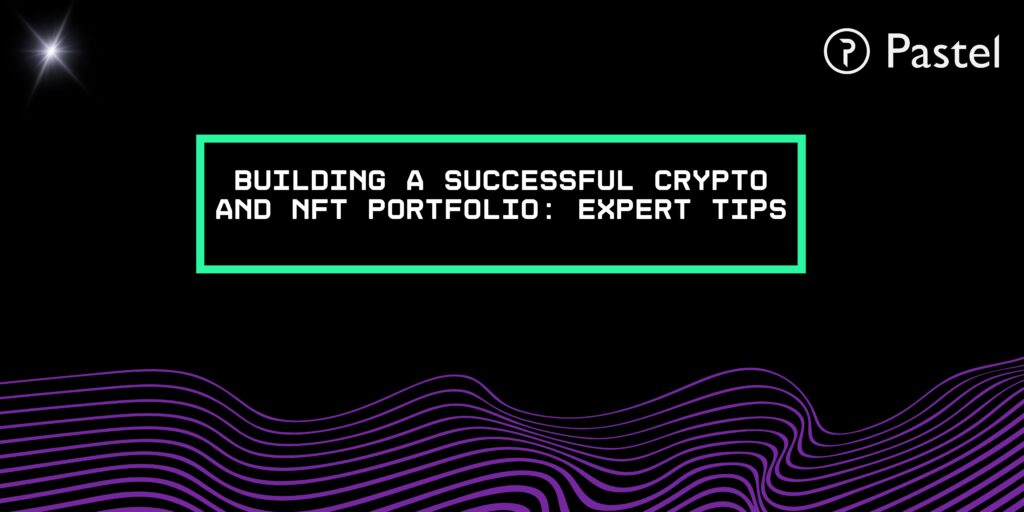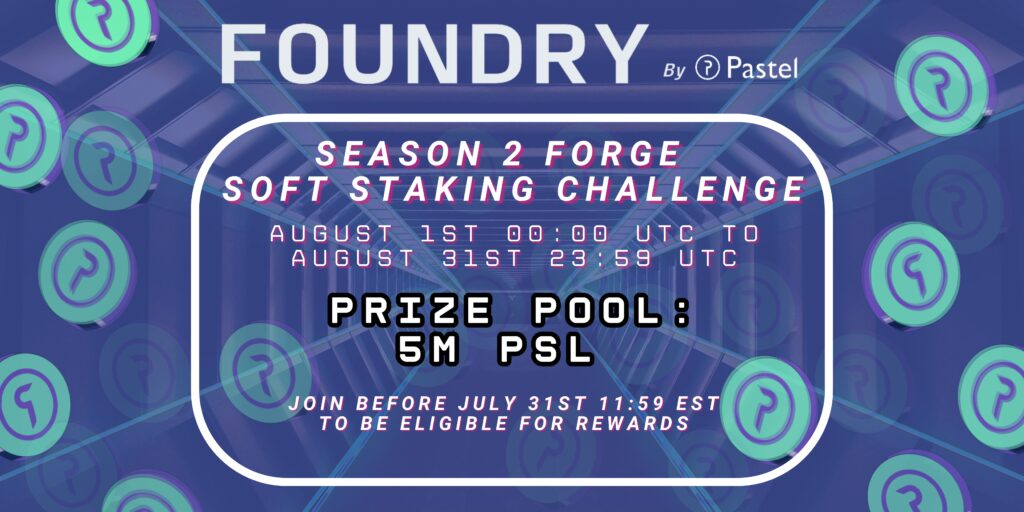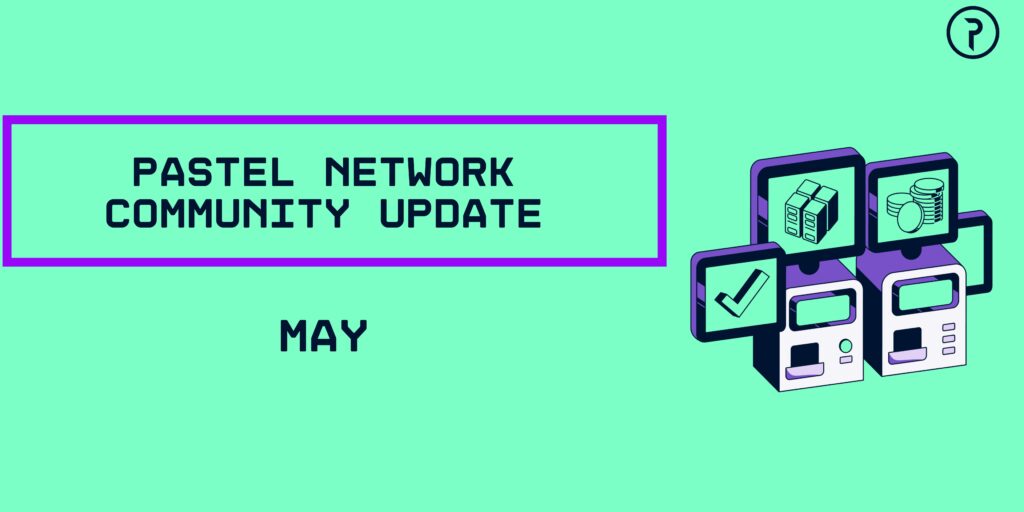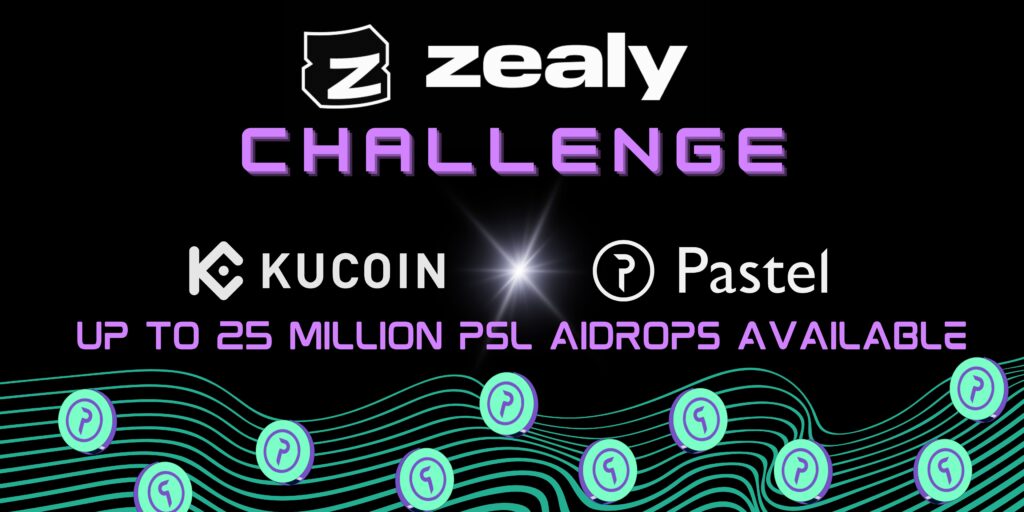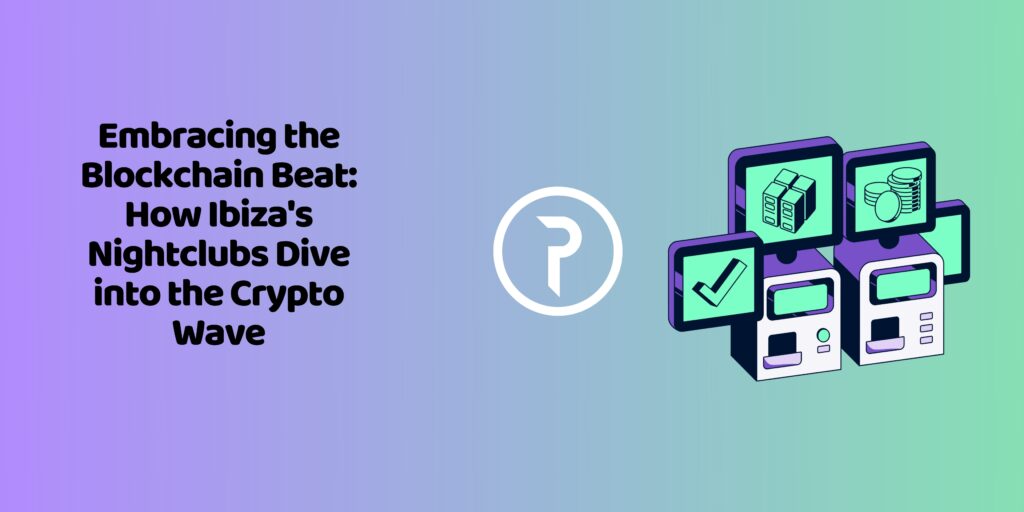Pastel Network is excited to announce its collaboration with Polygon Studios, the home of NFT, Gaming, and Metaverse projects built on Polygon. Polygon will collaborate with Pastel with the goal of providing Pastel’s Sense and Cascade protocols to its NFT ecosystem. This collaboration signifies the continued successes of both Pastel and Polygon, and is a massive step forward for the overall NFT ecosystem. It is a testament to the growing need for NFT reliability, security and verifiability, solved via Pastel’s advanced infrastructure.
What is Polygon?
Polygon is a decentralized layer-2 scaling solution for public blockchains such as Ethereum, enabling developers to build scalable dApps with faster transactions & lower fees. It utilizes sidechains for off-chain computation and a decentralized network of PoS validators.
Polygon solves the scalability and usability issues while not compromising on decentralization and leveraging the existing developer community and ecosystem. As a result, Polygon enables platforms to achieve superior user experience to DApps and user functionalities.
Polygon Studios and the Polygon NFT Ecosystem
Polygon Studios is a new and essential initiative focused on growing the global NFT, Gaming, and Metaverse ecosystem built on the Polygon protocol. Through investment, marketing, and developer support, Polygon Studios is bridging the gab between Web2 and Web3.
And, the Polygon ecosystem is MASSIVE.
Here is just a taste of this vast and rapid growing community:
- Opensea
- Rarible
- Decentraland
- Sandbox
- Animoca Brands
- NFTically
- PlaydApp
- Aavegotchi
- MegaCryptoPolis 3D
- NFTTrade
What does a Pastel Collaboration mean for the Polygon ecosystem?
In the immediate term, we are excited to collaborate with Polygon Studios to bring our mission-critical Web3 protocols to the Polygon Ecosystem, which can be integrated seamlessly across all native layer-1s and layer-2 dApps. We will specifically work with various market-leading marketplaces, NFT projects, gaming and Metaverse platforms on Polygon to integrate Pastel’s:
- Near-Duplicate NFT Detection (Sense) → Deep-learning technology that assesses the relative rareness between NFTs to detect counterfeits, scams, or copyright infringement and provide a certification of authenticity.
- NFT Data & Metadata Storage (Cascade) → Fully distributed, permanent and entirely redundant storage protocol. Pay once and store forever. Prevent centralized points of failure, monthly subscription maintenance, IPFS pinning & 404 errors.
Given the lightweight nature of these protocols and their interoperability as Web3 Open APIs, any Polygon Studios ecosystem member will be able to directly access Pastel’s near-duplicate NFT detection and store NFT metadata in a cryptographically secure, redundant, and distributed manner.
In the longer term, we will work directly with Polygon to integrate Sense and Cascade at the Polygon Protocol level to dramatically enhance Polygon’s ecosystem. Users will have the ability to directly access Sense’s relative rareness scoring when minting NFTs via Polygon RPC URL. They will also have the option to obtain permanent storage directly on Cascade via Polygon’s NFT.Storage function, serving as a redundant back-up or alternative to IPFS.
With this type of standard level integration, Pastel and Polygon can bring decentralized NFT permanence and security to the entire ecosystem.
How does the integration work?
Pastel Network has not only worked relentlessly to develop incredible infrastructure for the NFT ecosystem, but to also deliver it to network partners in a lightweight, seamless manner. Partners of the Pastel Network such as Polygon Studios and along with other native blockchains or dApps communicate directly with Pastel via open Web3 APIs.
During NFT minting on Polygon (such as via the ERC721 or other related standards), secure and authenticated REST API calls pass the hash of the candidate NFT to Pastel Network. The return responses — 1) a JSON file with the relative rareness score in the case of Sense and 2) the SHA3–256 hash for the JSON file stored in Kademlia which itself contains the SHA3–256 hashes of the set of redundant copies of the JSON files in Kademlia — are signed by randomly selected SuperNodes operating on the Pastel Network. Smart tickets write and store the outputs to the Pastel blockchain, which is returned to Polygon and included as additional Response fields in its NFT standard.
We are very excited to embark on this relationship and look forward to sharing more great news with the entire community.
If interested in learning more about Pastel and these revolutionary protocols, please see below:
Pastel Overview: https://pastelnetwork.wpengine.com/
Sense Protocol: https://sense.pastel.network/
Cascade Protocol: https://cascade.pastel.network/
About Pastel Network
Pastel Network is a fully decentralized, developer-friendly layer-1 blockchain serving as the preeminent protocol standard for non-fungible tokens (“NFTsâ€) and Web3 technology.
Pastel allows for the development of third-party decentralized-applications (“DAppsâ€) to sit on top of its Network, enabling developers to enjoy the scalable registration features, storage processes, and security of the broader ecosystem. Lightweight protocols such as Sense — which was built to assess the relative rareness of a given NFT against near-duplicate metadata — and Cascade — which conducts permanent, distributed storage of underlying NFT data — can be integrated cross-chain across various layer-1 blockchains, layer-2 protocols, or other third-party apps.
Pastel is managed by world-class developers, cryptographers, and technologists, supported alongside an experienced and extensive network of marketers, influencers, and third-party agencies. Pastel is backed by key stakeholders including Innovating Capital, a prominent venture fund.
For more information on Pastel Network, visit https://pastelnetwork.wpengine.com/.
Website | Telegram | Twitter | Instagram |Github | Wiki | Discord
This article was first published by our team here.
